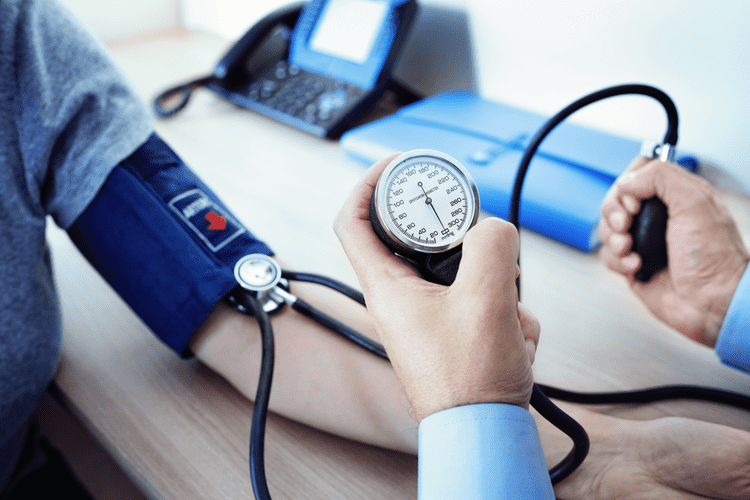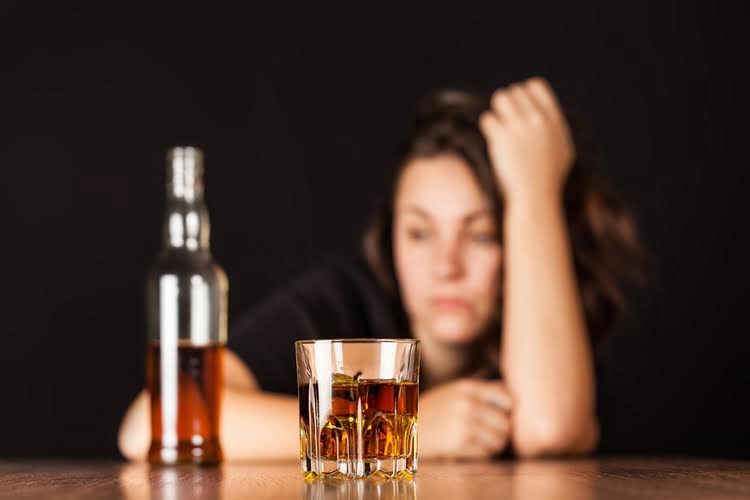They might feel frustrated or angry, struggle with their desire to drink, or express a lot of negative thoughts. Other complex factors may also play a role, including underlying mental health issues or a lack of social support. If you’re already coping with depression or other mental health concerns, these symptoms might further complicate matters and make you feel even worse.
In 12-step speak, sobriety means never taking any consciousness-altering substance, ever. This fixation on abstinence requires that people who recover through the 12 steps decide that their lives revolve around an empty space. You can’t commit your life to nothingness, only to health, your goals and plans, and your belief in yourself. There are different types of rehab recovery programs available. An emotionally sober person no longer escapes their emotions with drugs or alcohol. This allows them to deal with challenging situations and emotions.
You may find yourself liking this new sobriety thing, as you’ll feel and look better from the inside out. AA’s monomania, its abstinence fixation, actually interferes with recovery. Outpatient rehabs are also a great ‘step-down’ option following successful inpatient treatment.
Taking care of your health can help you weather all kinds of challenges more easily, including urges to drink. If you find it difficult to avoid alcohol despite your best efforts, a good next step might involve reaching out to a professional who specializes in recognizing and treating alcohol dependence. You can also try out 12-step program like Alcoholics Anonymous (AA) or SMART Recovery.
And that’s something that I think a lot of people can relate to too, is just your changing relationship with alcohol maybe as you grow older, or as we all got through a pandemic for years. I’m not someone who’s completely sober, but I think it’s great to have these options. If you’re going to a bar and you’re someone who’s sober or sober curious, now there’s availability to give these a try. Crystal Raypole has previously worked as a writer and editor for GoodTherapy. Her fields of interest include Asian languages and literature, Japanese translation, cooking, natural sciences, sex positivity, and mental health.
Keep reading the article to know some of the important benefits of being sober, shared by some of the most amazing sober people out there. This section of the article will help you make a better future choice for yourself. Of Course, you won’t be skipping a couple of beers or leaving the party without having a few shots. You’re completely drunk in a few hours and ready for the next day’s hangovers.
For example, 12-step programs often have milestones or “sober birthdays” starting x amount of hours sober (i.e., 24 hours sober) and onward from there (i.e., a week, one month, three months). If you’ve been in the throes of addictive behaviors for some time, you may be used to chaos and high-stress situations. Getting sober will remove some chaos and stress, sober alcoholic but staying sober will require finding a balance between self-care and external responsibilities. Since there are different reasons for using drugs and alcohol, there are also varying reasons why someone wants to get sober. Whatever your “why,” know that with treatment and support, getting sober is not only possible, but it’s also manageable long-term.
Recovering from alcohol use disorder can be a long, tough process. When you choose to stop drinking, you’re taking a significant first step. In most cases, though, getting sober is a lot more complex than simply giving up alcohol. Are sober drinks exactly what they sound like, or is there more to them? 5 Things Sunday Host James Brown and USA TODAY wellness reporter Sara Moniuszko explore sober drinks and what they could mean for sober curious people. She says its complicated and it depends on your definition of sober.
Learn more about the difference a glass of Surely wine can make as part of your sober curious journey. If you want to get sober and stay sober, there are ways to improve your chances for long-term sobriety. If you’re in recovery, you’re actively taking the steps to address a drinking problem. Everyone’s path along recovery is different, and what works for some may not work for others. “Sobriety” is a word whose 12-step misuse now pervades our entire culture, along with ruining addiction treatment.

Deciding to quit isn’t easy, but it’s a brave and commendable first step toward becoming sober. You may not be completely ready to stop drinking or know exactly how to get sober from alcohol, but even just having the thought that you want to stop and need help is a good place to start. Your primary care physician or insurance provider can also point you to local addiction treatment facilities or wellness centers that can work with you on your path to a clean and sober life. Being a sober person means you practice complete abstinence from drugs, alcohol, and other addictive substances. In the short term, it also means you aren’t intoxicated or under the influence of any of those substances. However, medical detox alone usually isn’t enough to achieve long-term sobriety.
The good news is most Americans are cutting on alcohol this year, starting with a dry January. Mostly the younger generation is more concerned about their health and fears that they don’t get addicted to harmful substances. Imagine a person spending $30 on alcoholic beverages per day for 5 days of the week means a total of $7800 a year. If you turn sober, you’ll be saving a big amount of money to spend elsewhere. Getting sober might be the biggest and most challenging decision of your life. If you’re planning to leave alcohol on your own, things can get rough for you.
